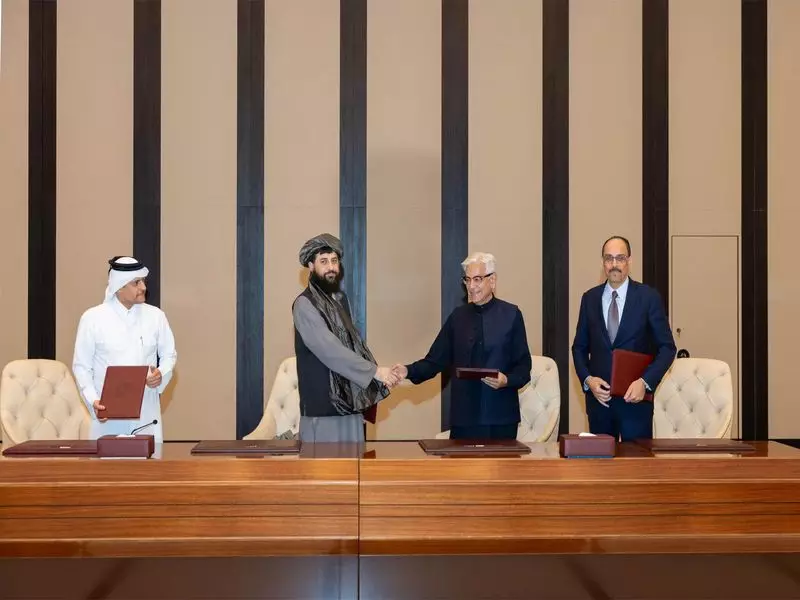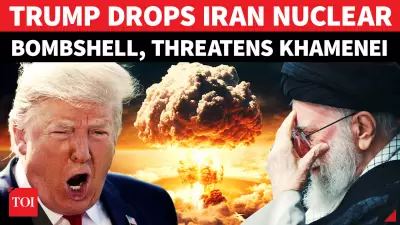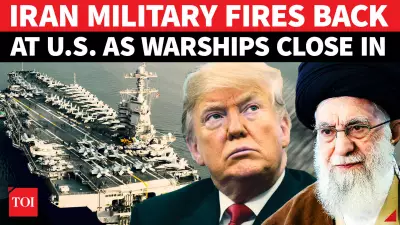
In a significant development for South Asian geopolitics, three major regional powers have jointly welcomed the recent ceasefire agreement between Afghanistan and Pakistan. China, Iran, and Turkey have expressed strong support for the truce, viewing it as a crucial step toward reducing border tensions and fostering regional stability.
The diplomatic endorsement comes at a critical time when Afghanistan continues to navigate complex international relationships under its Taliban-led interim government. The coordinated response from these three influential nations underscores the growing importance of multilateral diplomacy in resolving regional conflicts.
Regional Powers Unite in Support
The trilateral support from China, Iran, and Turkey represents a powerful consensus among nations with significant interests in the region. China, with its substantial economic investments through the Belt and Road Initiative, has maintained a keen interest in ensuring stability along Pakistan's borders. Iran, sharing a lengthy border with Afghanistan, has consistently advocated for peaceful resolution of conflicts. Turkey, with its historical and cultural ties to the region, has positioned itself as a key mediator in regional disputes.
Ceasefire Terms and Implications
While specific details of the ceasefire agreement remain closely guarded, diplomatic sources indicate that the truce addresses several key issues that have fueled cross-border tensions in recent months. The agreement is expected to include provisions for:
- Immediate cessation of hostilities along the disputed border regions
- Establishment of communication channels between military commanders
- Joint mechanisms for addressing future incidents
- Humanitarian corridors for affected border communities
Broader Regional Impact
This diplomatic breakthrough could have far-reaching implications beyond the immediate Afghanistan-Pakistan relationship. The coordinated response from China, Iran, and Turkey suggests emerging patterns of regional cooperation that may shape future conflict resolution efforts in South Asia. The successful implementation of this ceasefire could serve as a model for addressing other regional disputes through multilateral diplomacy rather than unilateral action.
International observers are closely monitoring whether this agreement will lead to more substantial diplomatic engagement between the Taliban interim government and neighboring countries. The coming weeks will be crucial in determining whether this ceasefire represents a temporary pause in hostilities or the beginning of more sustainable peace-building efforts.






